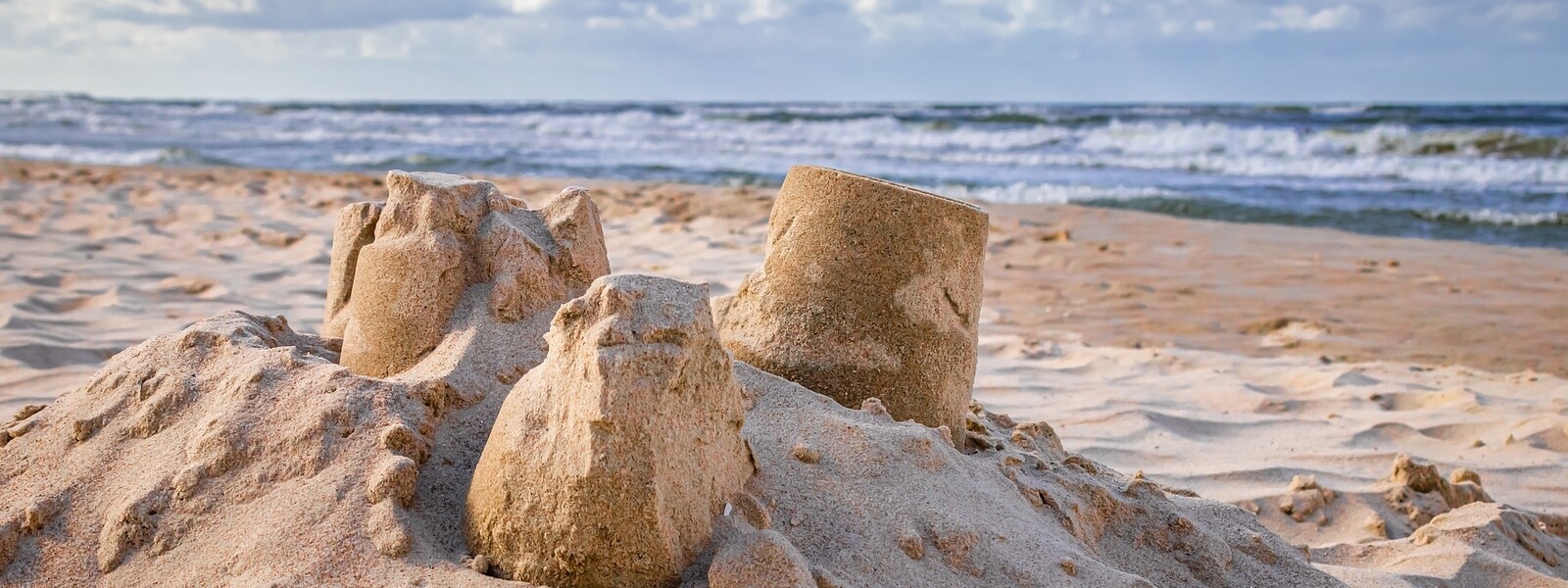Today, I’ve been reflecting on something that’s often been coming up in discussions lately. It’s personally meaningful and helps me refocus amidst distractions. It’s a reminder to stay grounded and find my way back to what truly matters in life. In these moments of clarity and spaciousness, I find myself embracing the simple joy that arises from an uncluttered and open heart once more.
The Wisdom in Facing Mortality
The Buddha often urges us to contemplate mortality, illness, and the inevitable loss of cherished things. He’s not alone in advocating such seemingly “dark” reflections. Most saints, irrespective of their social or cultural background, have suggested considering the transient, dream-like nature of life and our attachments.
Some ponder these recommendations, questioning why they should dwell on such “depressing” or “fearful” thoughts. Why not simply enjoy life and move forward?
Instead of attributing our fear or discomfort to these reflections, we might ask why we actually feel uneasy facing life’s reality. What causes my fear? Why do I feel threatened? Why would I avoid facing and acknowledging the inevitable truth that directly concerns me and my loved ones?
The Illusion of Material Focus
I believe our discomfort arises from an underlying recognition that much of what we invest our energy in may ultimately prove futile. Death often seems to unveil our subconscious doubts about the true significance of our endeavors. Naturally, this is disheartening. Perhaps, our fear and depression aren’t “mistakes” but natural outcomes of a life merely focused on consumption and production, lacking deeper meaning.
Discovering Deeper Fulfillment
Here’s an idea to consider: If contemplating your mortality unsettles you, take the time for an honest exploration of why that could be. What exactly is this tension based on? What “unfinished business” nags you? Where do your regrets lie? Why avoid exploring the inevitable?
Imagine a beach bustling with people fervently building elaborate sandcastles, consumed by their construction, conflicts, and hopes for a structure that grants respite. They squabble, lose sleep over perfecting their castles, trapped in cycles of hurt and revenge. Their entire focus narrows to sandcastles and related concerns…
Moving Beyond Fear and Anxiety
Then, the Buddha arrives, pointing out the rising tides. He signals that the impending force of the water will wash away everything they’ve invested in. His intent is to redirect them to higher ground, where they could build a lasting, secure home. He doesn’t aim to scare or depress but to offer an alternative.
People might still blame him, accusing him of pessimism, urging him to appreciate life’s beauty and the joys of having magnificent sandcastles. They might think he is unable to appreciate life’s wonders, encouraging him to “lighten up” and “have some fun”…
Ultimately, time will reveal who faced reality and built a reliable home with a scenic view, safely distant from the constant ebb and flow of the tides. Contemplating death is an invitation to discover a deeper sense of fulfillment and happiness that relies less on circumstances and is more stable, urging us to use our remaining time wisely.
Discovering Happiness Beyond External Conditions
I believe that depression, anxiety, and fear often arise when we evade what is true. For me, remaining unaware feels far more disheartening than facing the discomfort of realizing my often misdirected focus. However, amidst all this, playing at the beach and building sandcastles becomes more than just delightful when we have a secure place to retreat to. It transforms into a meaningful opportunity, not merely to find personal happiness in a perfect beach scenario or a well-built sandcastle, but to connect with others through joy, compassion, and love. When our happiness isn’t reliant on external factors, we discover the richness of relating to others with an open, loving, and compassionate heart, free from personal struggles and problems.

